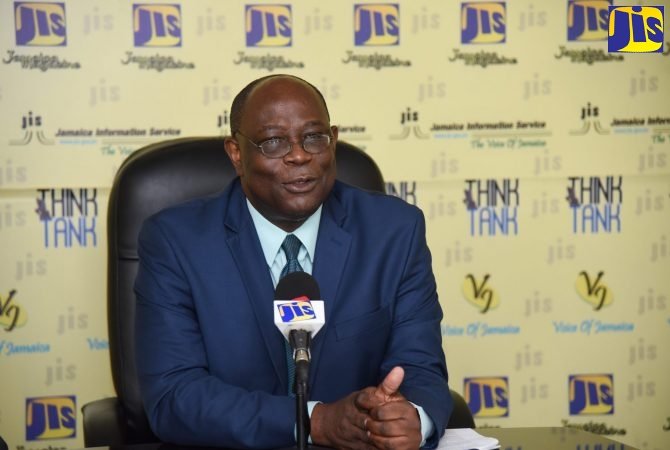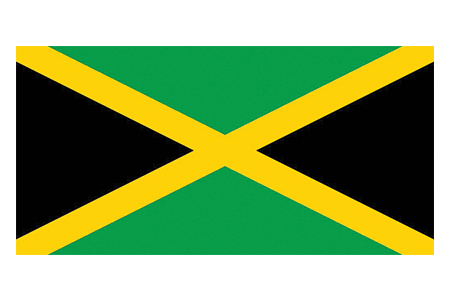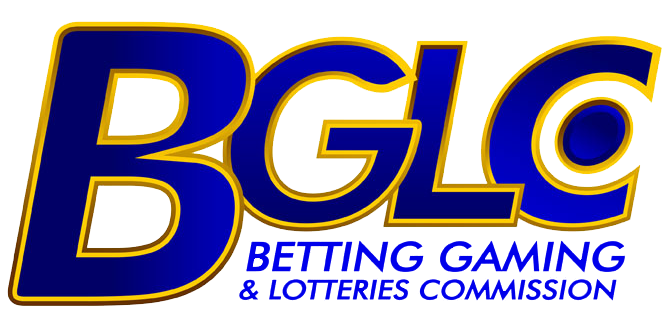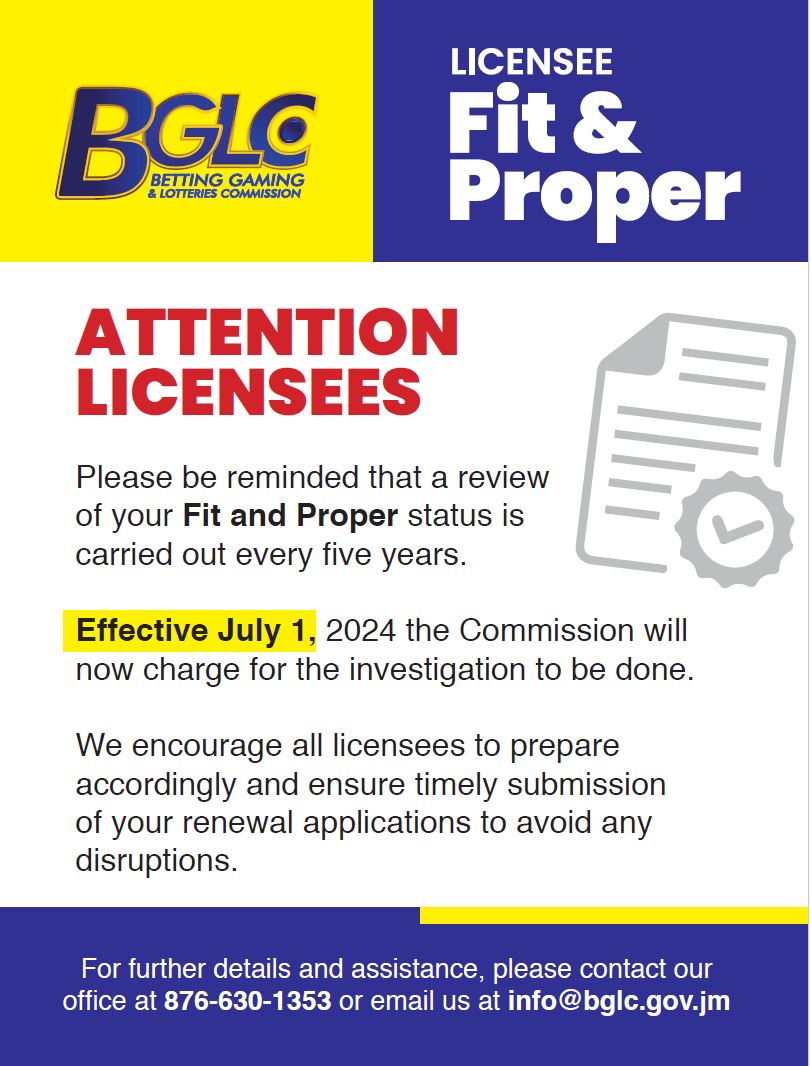Over 2,000 previously unregistered machines were licensed during a Betting, Gaming and Lotteries Commission (BGLC) licensing amnesty late last year.
“That was an important breakthrough in terms of bringing the kind of control we want to the industry,” said Chief Executive Officer at the BGLC, Vitus Evans, at a recent JIS Think Tank.
He said that the amnesty was undertaken in preparation for the new licensing period, which begins in February.
“We knew that there were a number of illegal operators out there, and so we tried to engage them to get them to register,” he noted.

He said it is important for the industry to be regulated, as there are various stakeholders, as well as the Government, whose interests must be protected.
The amnesty, which took place between November 15 and December 31, resulted in the BGLC discovering more than 3,000 illegal gaming machines at over 1,000 locations across Jamaica.
“It is $10,000 to license each machine, so the illegal machines found would have represented $30 million in lost revenue to the Government in the gaming machines sector alone,” said Director of Licensing at the BGLC, Maurice Thompson.
He noted that the illegal operators were identified by the compliance team in the field, noting that they were mostly found in community bars, hairdressing parlors and restaurants.
Mr. Thompson urged persons with unregistered machines to get regularised, as they could face penalties such as seizure of the machines, and operators could be arrested and charged.
He warned that players could also be arrested and charged, and will have no redress if they have difficulty getting payout from winnings on these illegal machines.
All licensed machines have a disc at the front, indicating the year it is licensed, similar to a motor vehicle.
The gaming industry is a major revenue source for the Government, with $6.5 billion generated in 2018.
Four per cent of BGLC’s revenue goes to the Culture, Health, Arts, Sports, and Education (CHASE) Fund.


